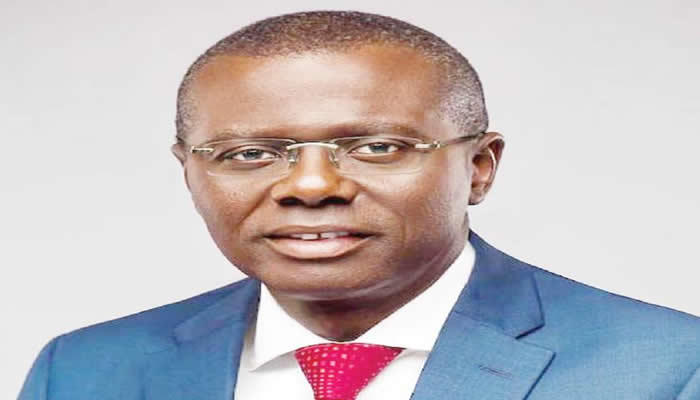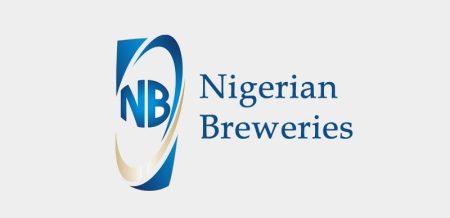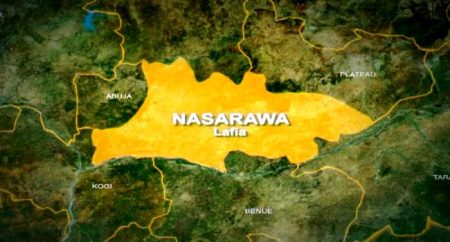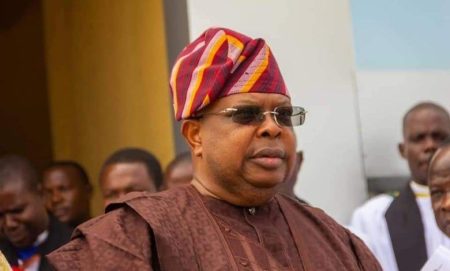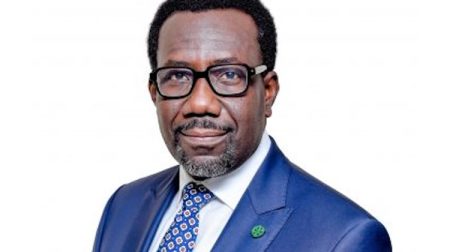The Lagos Monthly Rental Scheme: A Promise Deferred
The Lagos State government’s proposed monthly rental scheme, announced in December 2021, has become a source of frustration for residents eager for relief from the burden of annual rent payments. Despite a N5 billion allocation, the scheme has failed to launch, leaving many questioning the government’s commitment and ability to deliver on its promise. Initially touted as a solution to the financial strain of upfront yearly rent, the scheme aimed to allow tenants to pay monthly while landlords received their annual sum upfront. This "win-win" proposition was meant to free up tenants’ finances for other investments and expenses. However, three years later, the scheme remains dormant, with repeated assurances of imminent implementation proving hollow.
The initial announcement by the Special Adviser to the Governor on Housing promised a swift commencement of the scheme, emphasizing its benefits for both landlords and tenants. Subsequent statements by government officials, including the Commissioner for Information and Strategy, reiterated the scheme’s readiness and explained its mechanics as a revolving fund that would match tenants with appropriate accommodations based on their income. However, these pronouncements were followed by unexplained delays, leaving the public to speculate about the reasons behind the stalled implementation. While the government emphasized the scheme’s simplicity and potential to ease the financial burden on residents, the lack of concrete action has eroded public confidence.
The context of the proposed scheme is significant. In 2022, a bill was introduced in the Senate advocating for monthly rent payments nationwide, highlighting the growing national concern over the financial strain of annual upfront rent. This bill, though not directly related to the Lagos scheme, underscores the widespread demand for a more manageable rental payment system. Interestingly, a social media poll revealed a preference for annual rent payments among a majority of respondents, indicating a potential disconnect between public perception and the government’s proposed solution. However, proponents of monthly rent argue it aligns better with the monthly income cycle of most Nigerians, particularly those relocating to new cities.
Despite the initial enthusiasm and continued assurances, the scheme has faced repeated setbacks. In March 2024, the new Special Adviser to the Governor on Housing announced yet another projected launch date, either by the end of 2024 or early 2025. The N5 billion allocation remained untouched, suggesting a lack of progress despite claims of ongoing efforts to refine the scheme’s implementation. The change in administration was cited as a contributing factor to the delay, although the rationale behind this explanation remains unclear. Governor Sanwo-Olu’s earlier advocacy for a monthly rental system, echoed by then Minister of Works and Housing Babatunde Fashola, further highlights the disconnect between rhetoric and action.
While government officials and some business leaders champion the benefits of monthly rent, particularly its potential to alleviate financial strain and stimulate the economy, challenges remain. Experts have raised concerns about the instability of short-term leases, potential increases in tenant turnover, and administrative costs for landlords. The nascent state of Nigeria’s credit system also poses a hurdle for landlords seeking to assess the financial reliability of prospective tenants. The lack of readily available credit ratings, commonplace in Western economies, makes it difficult for landlords to mitigate the risk of defaults, particularly with monthly payments. This absence of a robust credit assessment system contributes to the preference for upfront annual payments, which offer landlords a degree of financial security.
The Lagos State Commissioner for Housing acknowledges the severity of the rental problem, attributing it to a nationwide housing deficit and the resulting imbalance between supply and demand. He points to the ongoing efforts to engage with real estate stakeholders, including developers, agents, and financial institutions, to explore solutions and encourage a return to monthly rent payments. The government’s efforts to facilitate access to affordable mortgages and encourage development in low-income areas are also part of a broader strategy to address the housing crisis. However, the continued delay of the monthly rental scheme, despite these efforts, casts a shadow over the government’s commitment and raises questions about the feasibility of its implementation. The ongoing dialogue and exploration of solutions are positive steps, but tangible progress and concrete action are needed to address the pressing needs of Lagos residents struggling with the burden of annual rent.





